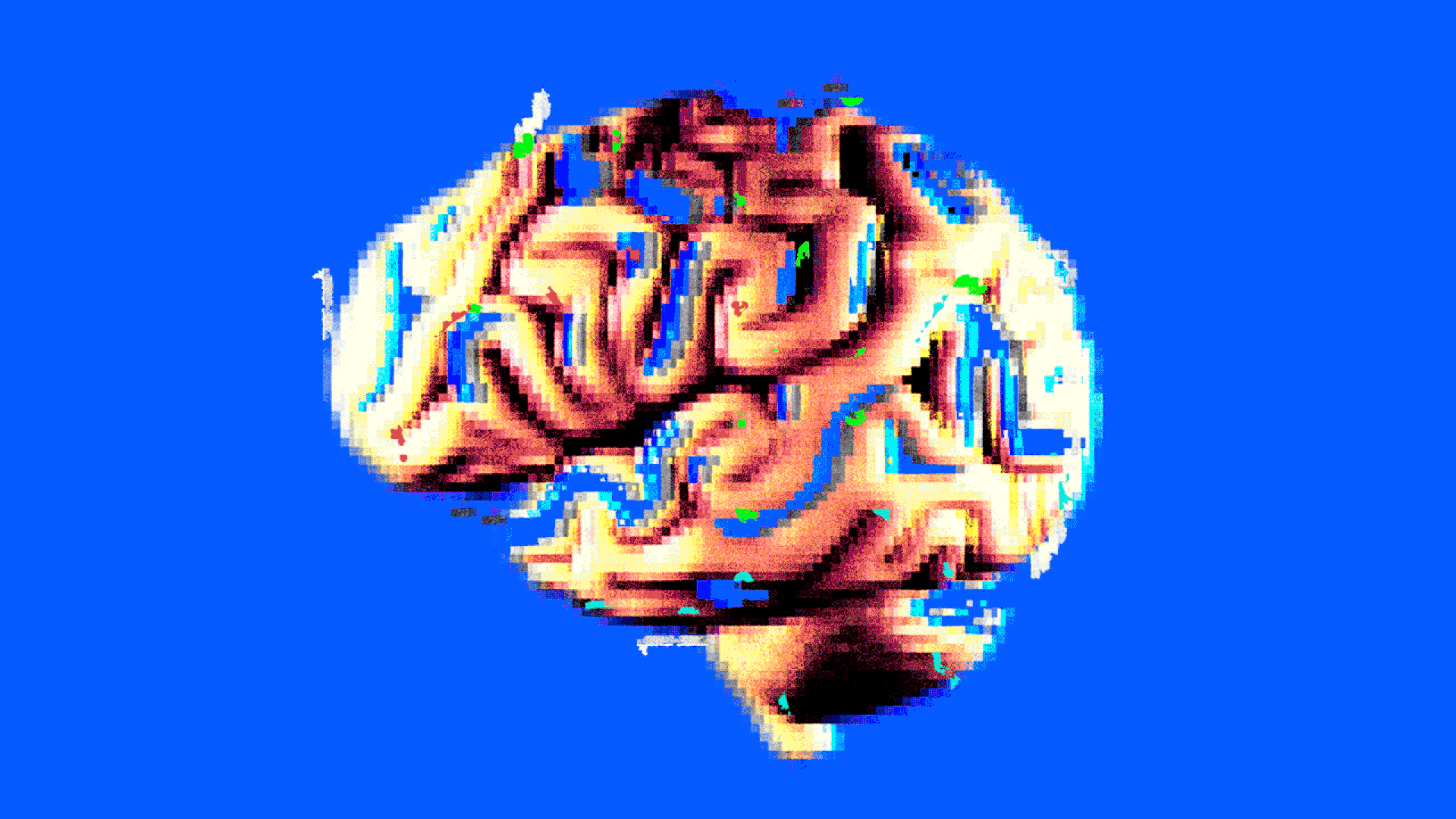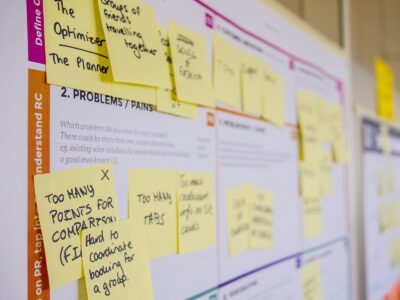According to popular definition, cognitive styles are a concept used in psychology to describe the way individuals think, perceive and remember information. This is a wide field of study but we would be looking at a part which relates to the way people work.
These styles help people who work in the same group to likely feel more positive about their participation with the team.
4 Types Cognitive Styles
Knowledge
People with this type of style gets convinced with facts and figures about the work they are to do. They work best by focusing on well-prepared documentation which provides clear links between what to do and the result to get. They are happy when logic is the absolute starting point to any work they are to do. However, they are not happy when people provide them with wrong information.
Planning
People with this type of style gets convinced with a proper organization of the work they are to do. They work best by focusing on goals, rules, and procedures which provides certainty between what to do and the result to get. They are happy when the results they work for are implemented. However, they are not happy when approaches to things are not systematic.
Ideation
People with this type of style gets convinced with innovations concerning the work they are to do. They work best by focusing on creativity which provides a creative approach to getting the results they desire. They are happy when the results they work for are full of possibilities and development on what was before. However, they are not happy when people they work with are conservative.
Cooperation
People with this type of style gets convinced with teamwork in achieving the objectives of their work. They work best by focusing on empathy which provides respect for other people’s opinions on how to achieve the best result. They are happy when they are adequately engaged in the work. However, they are not happy when people don’t value either their opinions or other people’s opinions.
Combination of the Cognitive Styles
It is a rare case to find people who have just one way of thinking, perceiving and remembering information. Most times, people combine one or more cognitive styles in order to have a balance. For example, an inventor combines knowledge and ideation; a counselor combines knowledge and cooperation; a doer combines cooperation and planning; a coach combines ideation and planning; a leader combines ideation and cooperation while an expert combines knowledge and planning.






